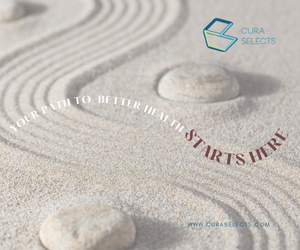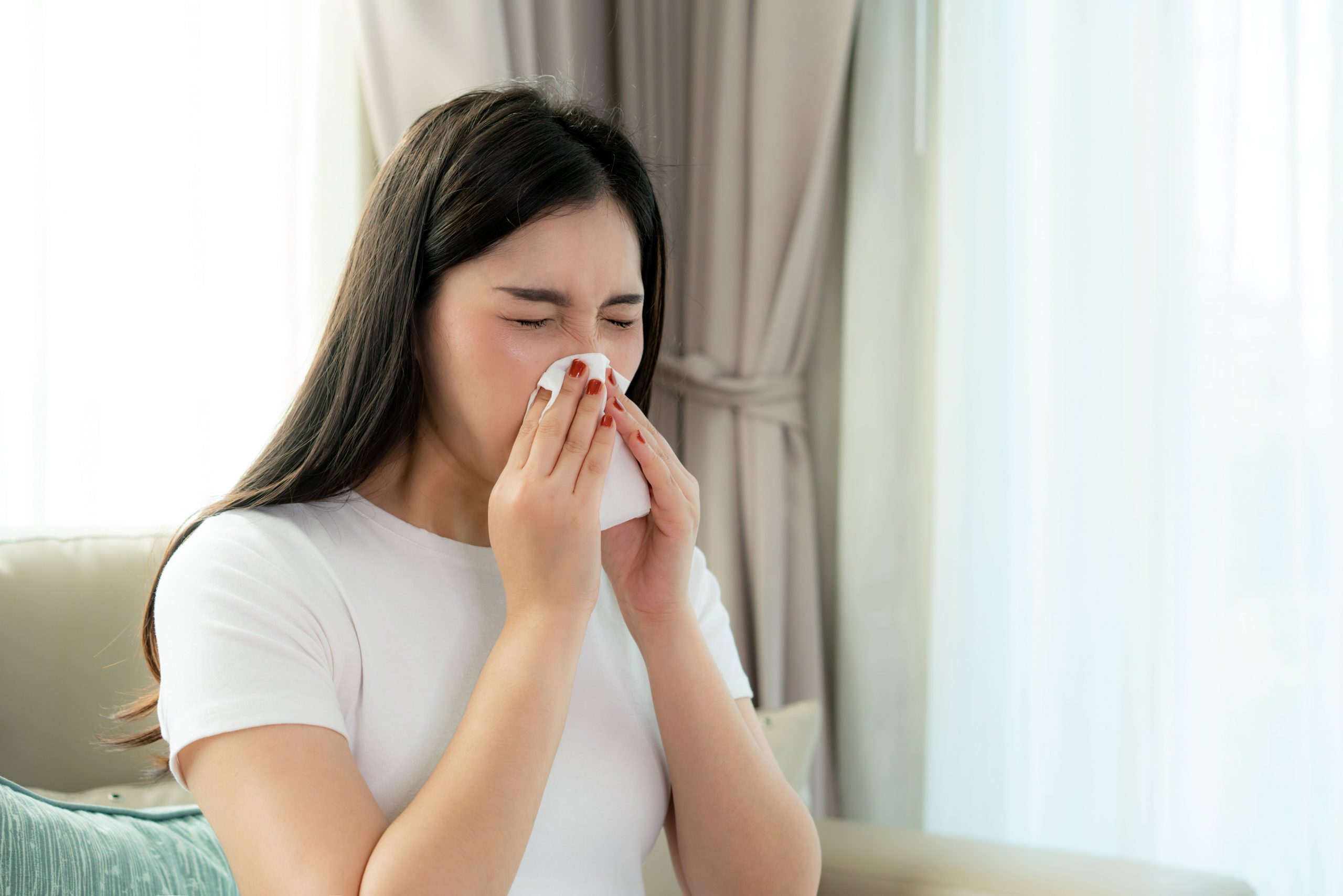Stress is a common and normal response to challenging or new situations. It can be a positive reaction when it helps to overcome challenges. In small doses, stress can help you accomplish tasks and prevent you from getting hurt. Stress becomes problematic when it makes you feel overwhelmed or continues for a long time. Chronic stress differs from acute stress in many ways. Acute stress is a response to immediate threats or challenges, while chronic stress persists over an extended period, often due to ongoing situations like work pressure, relationship problems, or financial issues.
Follow us on WhatsApp for the latest updates: https://bit.ly/AsiaMDWhatsAppEN
Natural Stress vs Chronic Stress Response
During stress, our body activates the “fight-or-flight” response, releasing stress hormones like cortisol and adrenaline. These hormones prepare our body for action: sharpening focus, spiking heart rate, tensing muscles, and speeding up breathing. Typically, this response naturally subsides once the perceived threat diminishes and thus it is helpful in the short term. However, in chronic stress, the fight-or-flight reaction remains switched on. It strains the immune system, keeps our heart rate elevated, and disrupts digestion and reproduction. This whole process shows just how chronic stress can seriously impair our health.
Identifying Chronic Stress
- Duration and persistence: Unlike acute stress which lasts only a few moments to a few days, chronic stress symptoms persist over weeks, months, or even years. They may become part of your daily life and disrupt your work, relationships, and overall quality of life.
- Severity and intensity: While symptoms of acute stress can be intense but short-lived, chronic stress symptoms may be milder but persistent. They gradually build up over time and if left unaddressed they may gradually intensify, exacerbating existing health conditions and elevating the risk of developing new ones.
- Multiple symptoms: Chronic stress affects both mental and physical health, presenting various symptoms across different bodily systems. Identifying chronic stress is not always straightforward; while some signs like feeling overwhelmed or tired are clear, others may be more subtle like digestive issues and diminished libido. It is crucial to tune into your body and mind, noticing any shifts or patterns that suggest distress.
Managing Chronic Stress
You can manage chronic stress independently through these self-care strategies:
- Stress management: Set boundaries and realistic goals to manage work, personal, and social commitments effectively.
- Monitor stress levels: Use tools like questionnaires such as Trier Inventory for Chronic Stress, 4 Items by Motowidlo (work-related chronic stress), or apps to track stress level and take timely action.
- Practice mindfulness: Identify and challenge irrational thoughts, focus on what you can control, accept or adapt to the ones you can’t control.
- Use relaxation techniques: deep breathing, meditation, yoga, massage, or progressive muscle relaxation to help calm your nervous system and reduce stress hormones.
- Maintain healthy lifestyle: Stick to regular exercise, balanced diet, and adequate sleep. Avoid excessive alcohol, caffeine, and tobacco use.
- Seek social support: Turn to friends or family for emotional support during stressful times.
- Make time for fun: Engage in enjoyable activities to take a much-needed break from stressor.
Signs to Seek Help
Seeking professional help from a therapist or counsellor is advisable for tailored support and intervention, if you notice any of the following signs:
- Thoughts of self-harm or suicide
- Inability to cope with stress despite self-management efforts
- Development of new or worsening symptoms
- Impairment of daily functioning, relationships or work performance
- Substance abuse or dependence as a coping mechanism
This article was produced solely for the purpose of healthcare and medical knowledge. Not all innovations are available or approved for clinical use. AsiaMD may receive financial or non-financial sponsorship from the companies or institutions involved in these innovations. However, AsiaMD does not endorse any specific product or services in the article, in addition to the Terms and Conditions for the use of our AsiaMD.com website. Please consult your healthcare professional if you need more information.






























